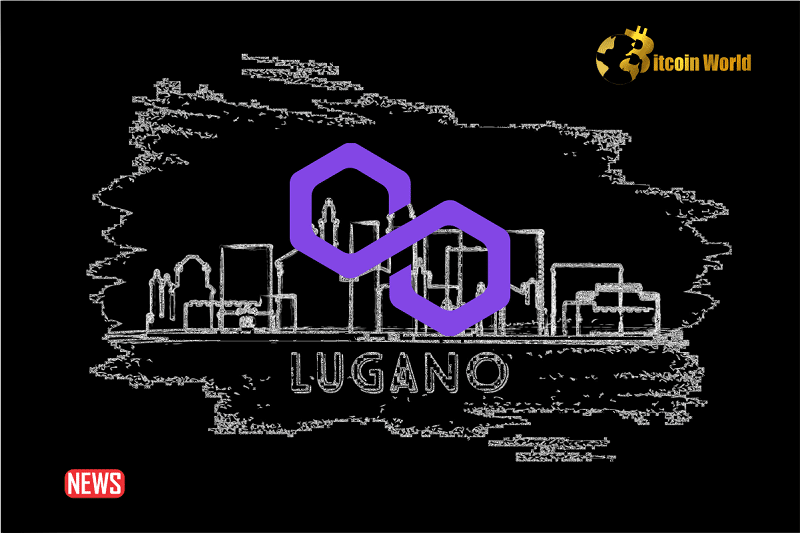[ad_1]
- The president of Turkey has appointed Professor Fatma Ozkul, an expert in crypto assets and blockchain, to join Turkey’s central bank Monetary Policy Committee.
- President Erdogan’s economic team reshuffle follows policy rate hikes, reaching 42.5%.
- Turkey explores digital finance, with Ozkul’s appointment reflecting the nation’s focus on blockchain and crypto assets.
In a recent move by Turkey’s President Recep Tayyip Erdogan, Professor Fatma Ozkul, renowned for her expertise in crypto assets and blockchain technology, has been appointed to the country’s central bank Monetary Policy Committee.
The appointment was confirmed through a presidential decree released on December 22.
His Background And Expertise
Professor Ozkul, a lecturer at Istanbul’s Marmara University since 2012, brings a wealth of knowledge in accounting, finance, and auditing to her new role.
Her academic pursuits have extended to cutting-edge areas, particularly blockchain technology and digital assets.
Notably, she authored a book on crypto asset accounting in 2022, showcasing her dedication to understanding the implications of blockchain and crypto assets on the financial landscape.
See Also: Shiba Inu Lead Developer Proposing To Burn 99.9% of SHIB In Circulating
Continuity In Monetary Policy Amid Change
Erdogan’s strategic reshuffling of the economy management team following his victory in the May general election included the appointment of Hafize Gaye Erkan, a former Goldman Sachs Group Inc. banker, as the governor of the central bank in June.
This restructuring was accompanied by a series of policy rate hikes, with the most recent increase of 2.5 percentage points, bringing the benchmark interest rate to 42.5% on December 21.
Ozkul’s entry into the Monetary Policy Committee is unlikely to divert the current trajectory of monetary policy. Her recent focus on blockchain, crypto assets, and their financial implications aligns with Turkey’s growing interest in digital financial ecosystems.
Turkey’s Stance On Cryptocurrencies
Turkey’s central bank has been actively exploring the digital asset market, having launched a digital Turkish lira collaboration platform in 2021.
Subsequent tests of digital lira transactions in late 2022 marked a significant step toward embracing blockchain-based financial systems.
The country’s economic landscape has seen a surge in crypto adoption, positioning Turkey as the fourth-ranked nation globally in raw crypto transaction volumes.
Between July 2022 and June 2023, Turkey recorded approximately $170 billion in crypto activity, following the United States, India, and the United Kingdom.
Regulatory Considerations For The Crypto Market
As crypto transactions gain momentum, Turkish authorities are reportedly contemplating regulatory measures for the crypto market.
The focus is on licensing and taxation, with the aim of removing the country from the “grey list” of the Financial Action Task Force (FATF).
Anticipated regulations are expected to establish specific licensing requirements, covering aspects such as capital adequacy standards, digital security enhancements, custody services, and reserve verifications.
Nonetheless, Professor Fatma Ozkul’s appointment to the Monetary Policy Committee signals a recognition of the growing importance of blockchain and crypto assets in Turkey’s economy.
[ad_2]
Source link






